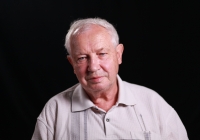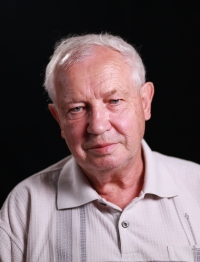I lost my parents because of Nazism, but then a German saved my life

Download image
Jan Janda was born on January 9, 1943 in Pilsen as the youngest child of Karel and Anna Janda. His father was involved in the resistance activities of the Defense of the Nation organization in Pilsen’s Škoda factory during the war. At the end of 1942, he took part in hiding other resistance fighters. He was arrested in 1943 and died in the gas chamber in Auschwitz the same year. His mother Anna Jandová died in the hospital after several interrogations by the Gestapo. After the death of his parents, Jan was raised by his aunt Marie Pašková and uncle Václav Pašek. In 1953, he took part in protests against the currency reform and the court sentenced him to a six-year sentence. He was imprisoned in Jáchymov camps for more than four years. In 1962, Jan graduated from the Secondary School of Civil Engineering in Pilsen. Between 1962 and 1967 he studied at the Czech Technical University in Prague. In 1965, he married Bohumila Stejskalova and they had two children. In the fall of 1967, he participated in a spontaneous student protest at the Strahov dormitories. He spent the great majority of his professional life in the company Povodí Vltava. On January 1, 1989, he became a director there, but he had to join the Communist Party because of this. He remained director even after the Velvet Revolution and served in this post until his retirement in 2005. In 2002, he was awarded by president Havel for his involvement during the then floods.

